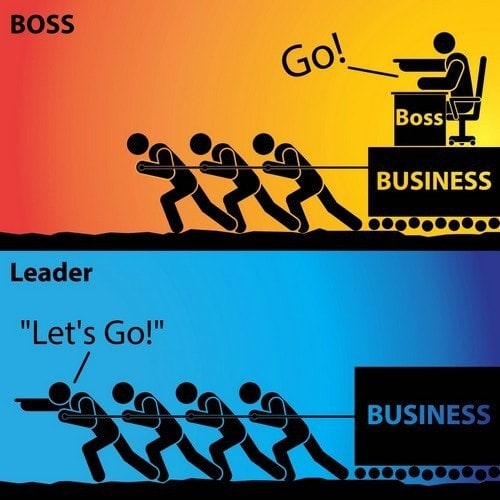
Essential Functions for Effective Organizational Management

Effective management is crucial for the success of any organization The four essential functions of management are planning, organizing, leading, and controlling These functions ensure efficient allocation of resources, effective communication, and achievement of organizational goals
Effective management is essential for the success of any organization in today's global market. Even if a company has the right products and a promising market, poor management can lead to failure. As a result, there are four critical functions of management that must be implemented by managers at all levels, whether they are overseeing a single product, a small business unit, or the entire organization. These four functions encompass all the necessary activities that fall under the purview of the management department. In order to achieve better organizational management, it is important to understand these functions in greater detail.
1) Planning
Planning is crucial for any organization as it serves as the number one function of management. Without it, managing business and products would be a difficult task. To comprehend the significance of planning as a management function, let us examine two examples.
For small businesses, the challenge lies in introducing their products or services to the market and expanding their reach. This requires careful planning from the outset. Without a solid plan, business owners may find themselves unsure of how to proceed, resulting in periods of inactivity or ineffective action. In contrast, large organizations face the challenge of coordinating the efforts of multiple managers and departments. This is where planning committees come into play, as they help ensure that everyone is moving in the same direction towards the company's goals. Planning is therefore a crucial function for both small businesses and large organizations alike.
2) Organizing
A wedding planner's role is often overlooked as they quietly work behind the scenes to ensure that everything runs smoothly on the big day. They don't get involved in the nitty-gritty details like setting up lights or decorations, but rather they focus on the bigger picture by planning everything in advance and then organizing the execution of those plans. The same principle applies to businesses - by having a well-organized team with designated roles such as sales managers, service managers, and marketing managers, the business can better penetrate the market and provide top-notch service to their customers.
3) Leading
Effective organizing is essential for the success of any business. It involves arranging resources and tasks in a structured manner to achieve the desired goals and objectives. Without proper organization, a company may struggle to operate efficiently and run into various challenges. Whether it's managing employees, finances, or projects, organization plays a crucial role in ensuring smooth operations and progress. In fact, an organized company is often viewed as a reliable and trustworthy entity, which can help attract customers and investors alike.
Every manager in an organization is expected to possess leadership qualities. One of the fundamental aspects of management is people management, which involves leading a team of individuals towards a common goal. This skill is not just limited to politicians and top-level executives, but also to team leaders and sales managers who lead their teams on a daily basis.
As a manager, your leadership plays a crucial role in the success of your organization and the well-being of your employees. With a team of 100 individuals reporting to you, every action you take has a ripple effect throughout the entire organization. Therefore, effective leadership is essential for implementing any necessary changes from the top down and ensuring they are also executed at the lower levels. A good leader is not afraid to take risks and understands the importance of progress for both themselves and their team. Whether you are a business owner or a small business manager, your role as a leader is paramount in ensuring the success of your organization and the satisfaction of your employees. Thus, leadership is a key function of management and should not be overlooked.
4) Controlling
Inevitably, there will come a time when a sudden change occurs in the business environment or within the organization itself. This can cause things to spiral out of control if not properly managed. As a leader, it's crucial to maintain control and guide your organization through the change in order to come out on top. Regardless of the size of your business, decision-making is a constant and necessary part of daily operations to keep up with the ever-changing business landscape.
Having control of your organization is essential to adapting to the changes and dynamic nature of the business environment. As one of the three important functions of management, leadership involves the crucial aspect of control. Effective leaders understand how to control the individuals under their supervision.
Throughout the years, controlling has been refined through the implementation of standard operating procedures, policies, and other measures within an organization. This control is crucial because it holds senior management accountable for the actions of their subordinates, creating a chain of command that establishes and maintains control throughout the entire organization.
Employees in high-tech and highly intelligent firms such as Google are given the freedom to control their own time. This results in many employees dedicating more time to work, as their passion for the job drives them to do so.











